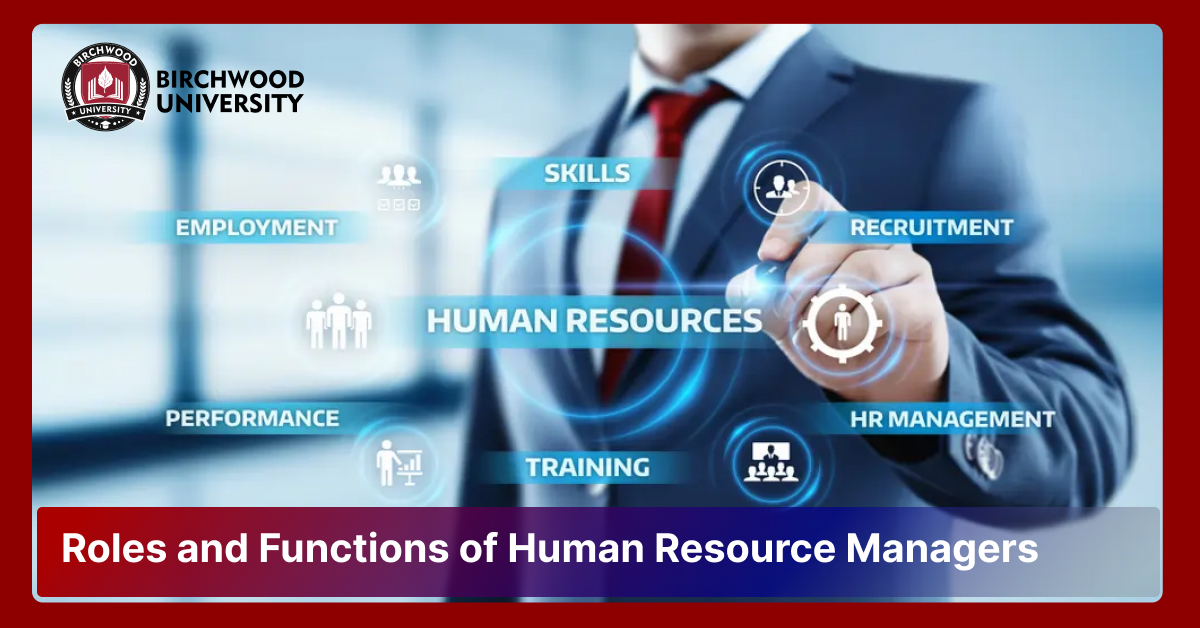Data Science for Social Good: Leveraging AI to Solve Global Challenges
Nov 29, 2024Imagine a world where data becomes a powerful tool for tackling some of the most pressing challenges of this globe. Could it help solve climate change? Improve global health? Or even help eliminate poverty, inequality, and food insecurity? As the volumes of data rise exponentially every day, advanced analytics, machine learning, and artificial intelligence have perhaps never been as exciting as it has ever been in using them to drive real-world solutions. Can we harness this vast sea of data to predict, prevent, and ultimately solve some of the most complex problems of this world?
As global challenges continue to unfold, data science has gained recognition as key player providing new strategies and unique perspectives that were once unforeseeable. But how is it actually being applied to these problems? And what role could data science play in developing a world that is insightful, equitable, and eco-friendly? Let’s read on to get a comprehensive understanding on this matter.
1. Climate change and environmental sustainability
Data science is central to identifying and managing the outcomes of climate change. It helps analyze climate data, such as temperature patterns, CO2 emissions, and sea-level rise, in predicting future climate scenarios and suggests ways to reduce environmental impact. Machine learning models are used to optimize energy usage, monitor deforestation, and track biodiversity, thus enabling policymakers to implement more effective environmental strategies.
- Example: Predictive models for extreme weather events such as hurricanes or droughts help governments and organizations prepare, allocate resources efficiently, and save lives.
2. Healthcare and disease control
This ranges from pandemics like COVID-19 to chronic diseases such as cancer and diabetes, where data science is now empowered to help. In big data analysis of medical records, genetic information, and reports from global health, scientists have the power to identify trends, predict outbreaks, and even offer solutions in personalized medicine. Data science also optimizes the delivery of healthcare, where the analysis of hospital workflows, patient data, and resource allocation are performed.
- Example: In the COVID-19 scenario, the importance of data science comes into play in tracking and modeling the spread of virus and advising on vaccination deployment strategy.
3. Poverty and economic inequality
Data science can reveal insights for improving strategies in poverty reduction, which can be aimed to bridge economic inequality. Policymakers can act by using income data, the reach of education, health facilities, and employment to uncover insights. Predictive analytics also helps identify at-risk populations, thereby guiding specific interventions that help curb poverty.
- Example: Microfinance organizations use data science to assess creditworthiness and provide loans to individuals in developing countries who might otherwise be excluded from the traditional banking system.
4. Food security and agriculture
Food scarcity has become a major problem around the world due to the incessant growth in population. Data science helps in addressing food insecurity by optimizing agriculture, improving supply chains, and forecasting food demand for more efficient production and distribution. Data scientists can therefore analyze crop yields, weather patterns, and market trends to facilitate better decision-making by farmers with minimal waste and increased productivity in sustainable ways.
- Example: In weather-unpredictable areas, machine learning models will predict rain patterns and, therefore advise the farmer on the ideal times of planting that eventually increase yields.
5. Education and social mobility
Education has also been impacted by data science, especially in the aspect of improving access, quality, and outcomes. By studying educational data, which might include student performance, teacher effectiveness, and resource allocation, data scientists can develop customized learning experiences, reduce dropout rates, and improve overall educational outcomes.
- Example: Adaptive learning platforms rely on algorithms to customize education content to particular needs for students, with increased engagement and retention rates.
6. Humanitarian assistance and disaster response
The urgency of decision making in the event of a natural disaster or humanitarian crisis depends on the swift provision of relief. Data science has become imperative in optimizing resource allocation and logistics and allowing for instant responses. With a diverse analysis of data sources, be it satellite imagery, social media feeds, or on-the-ground reports, data scientists come up with invaluable insights that help save lives and resources.
- Example: After an earthquake, data analytics can be applied to track the distribution of relief supplies and pinpointing where the need is greatest. It helps coordinate rescue more effectively so that aid will be delivered to those who require it the most.
7. Social inequality and justice
Data science is also used in solving social issues like inequality, discrimination, and violation of human rights. Data scientists can identify patterns of discrimination and predict the areas of unrest by analyzing social, economic, and legal data. They also provide policymakers with data for addressing inequality more effectively.
- Example: Analysis of data of criminal justice can reveal biases in policing and sentencing that can bring about reforms in terms of justice and fairness.
How data science works in addressing global challenges
1. Data collection: The first step toward applying data science to solve global problems is collecting data from all forms of sources. These include data from satellites, health records, economic data, social media, IoT sensors, and many more.
2. Data cleaning and processing: Raw data is typically arriving in a disorganized, unstructured fashion. Thus, a data scientist spends most of the working time cleaning such data and making it accurate, effective, and standardized to perform further analysis.
3. Analysis and modeling: Data scientists then apply statistical analysis, machine learning algorithms, and predictive modeling techniques on the data and extract valuable insights and patterns from it.
4. Decision-making and action: The outcome of the analysis will determine what to do both at governmental, organizational, and community levels. Such decisions lead to better policies, interventions and solutions for the many complexities in the world.
5. Continuous observing and improvement: Data science is not a one-shot task. As more and new data is being taken into consideration, models update the strategies, which would imply continuous improvement in dealing with global challenges.
Conclusion
Data science presents opportunities for revolutionizing resolution to many of the greatest global challenges: public health and climate change, ending poverty and responding to crises. It is through the extraction of insights from big data and advanced analytics that data scientists are greatly changing things around the world-toward a more sustainable, equitable, and resilient place.






